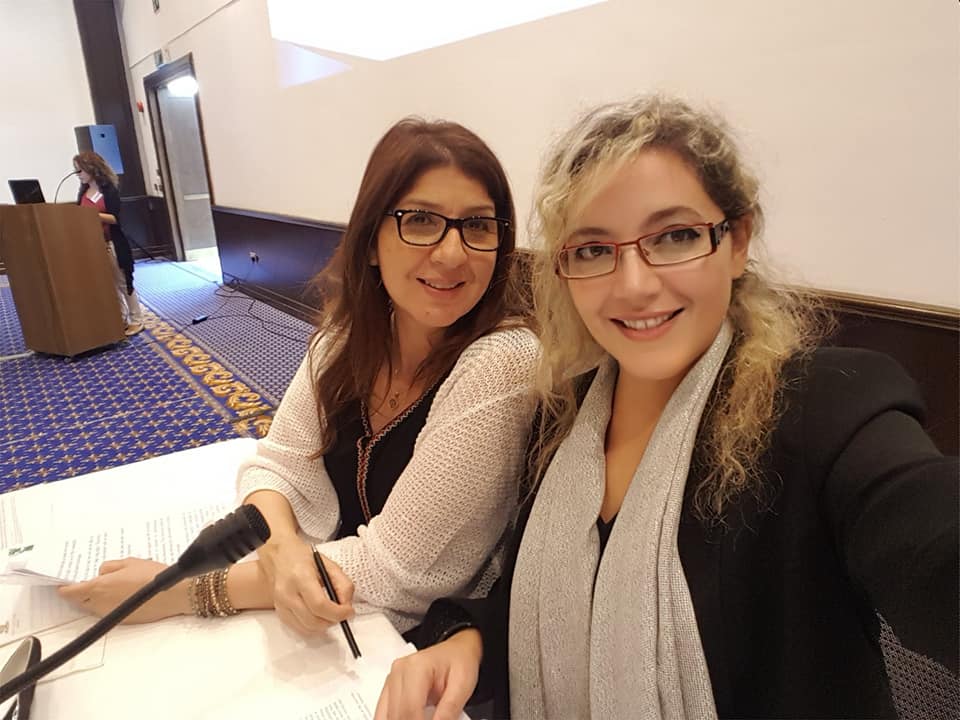|
Interreligious dialogue is all-too-often dominated by religiously authorized patriarchal spokesmen in Southwest Asia. Furthermore, feminists and liberals thinking and doing interreligious dialogue in the academic sphere are marginalized, especially those who forge an arena of religious/interreligious practice or construct a scholarly discourse on religions and interreligious dialogue. This reality is connected to the male and patriarchal domination of religious leadership, despite the emergence/re-emergence of women and feminist preachers, teachers and interpreters of religious texts in the 20th and 21st centuries.
Our paper first introduces two definitions of gender and authority; it then presents a few of the many aspects of our journey with thinking/doing interreligious dialogue, and addresses issues of gender and religious authority in Islam and Christianity; it also calls for a shift from complementarianism to egalitarianism, and presents the results of a survey with university students in Lebanon and the United Arab Emirates that helped us assess the possibility of implementing this shift; and in conclusion, it identifies few ideas as food for thought to face some of the challenges to rethinking/doing interreligious dialogue in particular, and the gender-religious authority relation more broadly, such as:
Read the full paper by Dr. Pamela Chrabieh and Dr. Nadia Wardeh in "Middle Eastern Women: the Intersection of Law, Culture and Religion", edited by Rev. Dr. Mitri Raheb, 2020.
0 Comments
Leave a Reply. |
AuthorWrite something about yourself. No need to be fancy, just an overview. Archives
March 2024
Categories
All
|


 RSS Feed
RSS Feed
